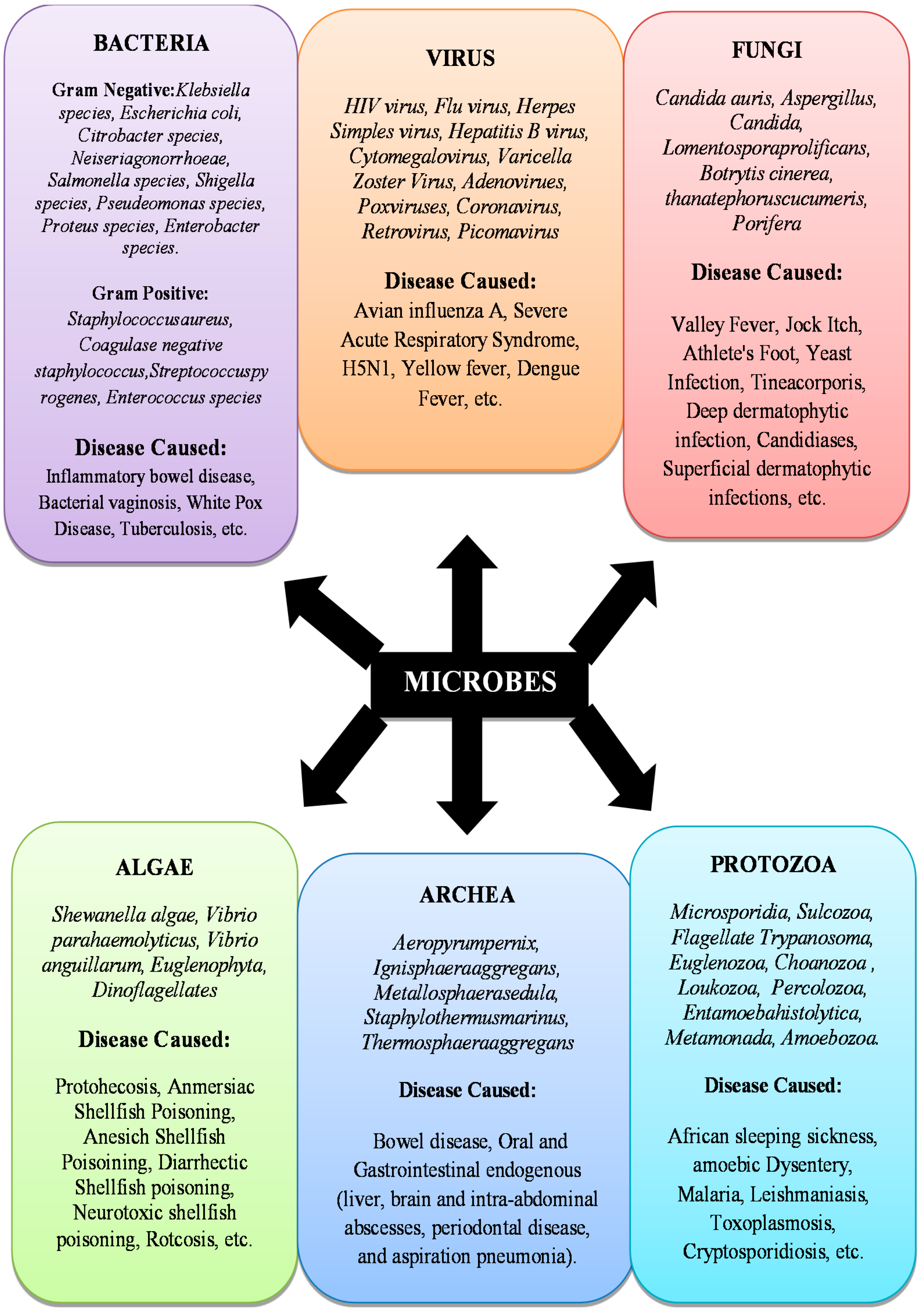Yes, you can generally take sleep aids with amoxicillin.
There are no known significant interactions between amoxicillin, an antibiotic, and most common over-the-counter sleep aids, such as diphenhydramine (Benadryl) or melatonin. However, always consult with your healthcare provider before combining medications.
Amoxicillin is a widely used antibiotic prescribed for bacterial infections, while sleep aids are used to manage short-term sleep problems. Since amoxicillin does not significantly alter sleep patterns or the pharmacokinetics of sleep aids, they are usually safe to take together. Most over-the-counter sleep aids, like diphenhydramine, work by causing drowsiness through antihistaminic effects, which are not expected to interfere with the action of amoxicillin.
However, there are a few considerations:
- Potential Side Effects: Both amoxicillin and some sleep aids can cause side effects such as dizziness or drowsiness. Combining them may enhance these effects.
- Medical Conditions: The combination may need special consideration if you have any existing health conditions or are taking other medications.
- Consultation with Healthcare Provider: It’s important to check with your healthcare provider to ensure no specific interactions or contraindications based on your overall health profile.
| Aspect | Amoxicillin | Common Sleep Aids | Interactions |
|---|---|---|---|
| Purpose | Antibiotic | Sleep aid (e.g., diphenhydramine, melatonin) | Generally minimal |
| Common Side Effects | Nausea, diarrhea, rash | Drowsiness, dry mouth, dizziness | Increased drowsiness possible |
| Interaction Reports | Few to none reported | Few to none reported | Safe when used as directed |
| Consultation Importance | Always recommended | Always recommended | Crucial if you have other medications or health issues |
Always ensure you follow the advice of your healthcare provider for personalized guidance.

Credit: www.mdpi.com
Understanding Amoxicillin And Sleep Aid
Amoxicillin is an antibiotic in the penicillin class that treats bacterial infections. It works by stopping the growth of bacteria that cause infections in the body. Sleep aids, on the other hand, are medications designed to help individuals fall asleep or stay asleep. They can be useful for those experiencing sleep disturbances or insomnia.
It is important to understand the potential interaction between amoxicillin and sleep aids. While there is no direct evidence suggesting a harmful interaction between the two, it is always wise to consult a healthcare professional before combining medications. Mixing amoxicillin with sleep aids could affect the effectiveness and safety of either of the medications, so it’s crucial to seek medical advice to ensure you are taking them correctly.
If you are taking amoxicillin and considering a sleep aid, it’s vital to consult your healthcare provider. They can provide you with guidance based on your specific medical situation and help you make an informed decision about the best course of action.

Credit: www.mdpi.com
Can I take a sleep aid if I’m on amoxicillin?
Yes, in most cases, it’s generally safe to take a sleep aid while you’re on amoxicillin. Amoxicillin is an antibiotic used to treat bacterial infections, and it doesn’t typically interact with most sleep aids. However, it’s always best to check with your doctor or pharmacist to ensure there are no specific interactions with the sleep aid you are using.
Are there any sleep aids that should be avoided with amoxicillin?
There aren’t specific sleep aids that are known to interact negatively with amoxicillin. Most over-the-counter sleep aids like diphenhydramine or melatonin do not have known interactions with amoxicillin. However, since individual health conditions vary, it’s wise to consult with a healthcare provider before starting any new medication, including sleep aids.
What should I consider before taking a sleep aid with amoxicillin?
Before taking a sleep aid with amoxicillin, consider the following:
- Medical History: Ensure there are no underlying health conditions that might be affected by either the antibiotic or the sleep aid.
- Current Medications: Make sure there are no other medications you’re taking that might interact with the sleep aid.
- Dosage: Follow the recommended dosage for both amoxicillin and the sleep aid to avoid potential issues.
- Side Effects: Be aware of the side effects of both medications and watch for any unusual reactions.
Can sleep aids cause side effects when taken with amoxicillin?
Sleep aids can cause side effects such as drowsiness, dizziness, or dry mouth, but these are not usually affected by amoxicillin. However, if you experience any unusual side effects or interactions, contact your healthcare provider immediately.
What should I do if I experience an adverse reaction?
If you experience an adverse reaction while taking a sleep aid with amoxicillin, stop using the sleep aid and contact your healthcare provider right away. Provide them with details about the reactions you’re experiencing and any other medications you’re taking.
Is it safe to use natural sleep aids with amoxicillin?
Natural sleep aids like herbal supplements or melatonin are generally considered safe with amoxicillin. However, as with any medication or supplement, it’s a good idea to talk to your healthcare provider before starting to ensure there are no specific interactions or contraindications.
Can taking a sleep aid with amoxicillin affect the effectiveness of the antibiotic?
Generally, sleep aids do not affect the effectiveness of amoxicillin. The antibiotic will continue to work as intended. However, if you have concerns about how any medication might impact your treatment, discuss them with your healthcare provider.
Should I avoid certain foods or drinks while taking a sleep aid and amoxicillin?
While there are no specific foods or drinks that need to be avoided when taking amoxicillin and a sleep aid, it’s generally good practice to avoid alcohol. Alcohol can increase the sedative effects of sleep aids and might lead to increased drowsiness or other side effects.
What if I miss a dose of amoxicillin while taking a sleep aid?
If you miss a dose of amoxicillin, take it as soon as you remember unless it’s almost time for your next dose. Do not double up on doses. Missing a dose of your sleep aid should be managed according to the instructions on the label or as advised by your healthcare provider.
Always consult with your healthcare provider before making any changes to your medication regimen, including the use of sleep aids with antibiotics.
Expert Recommendations
Consult your healthcare provider before combining sleep aids with amoxicillin. Each person’s health is unique and it is important to consider individual factors.
If you are experiencing difficulty sleeping while taking amoxicillin, you should speak with your healthcare provider. They can offer personalized guidance based on your specific health needs.
Amoxicillin is a commonly prescribed antibiotic, and sleep aids may have potential interactions or side effects when taken together. It is crucial to consult a healthcare professional to determine the best course of action.
Final words
While it may be tempting to take sleep aids with amoxicillin, it is important to exercise caution. Both medications can have potential side effects that may interact unfavorably. It is advised to consult with a healthcare professional to ensure your safety and to explore alternative ways to promote better sleep during your course of amoxicillin treatment.
Your health and well-being should always be the utmost priority.
